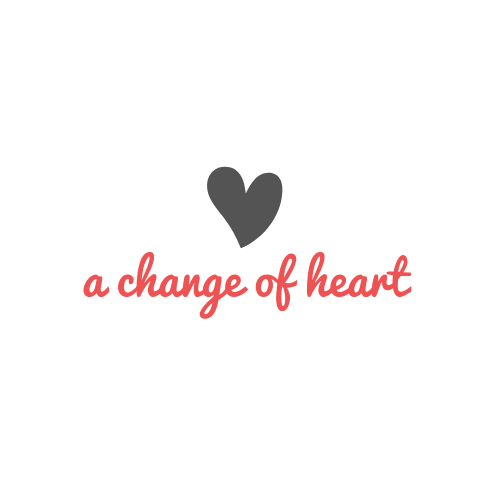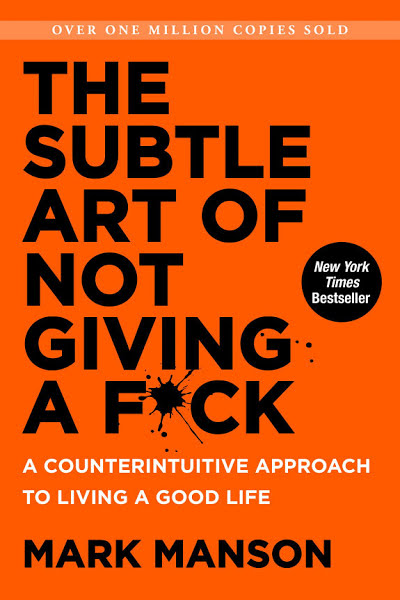The Anti-Coreg
There I was, laying on the Cath lab table, the same one my own patients had laid on throughout the years while they were experiencing heart attacks or needed quick cardiovascular interventions done. I was in a surreal daze, perhaps caused by a mix of anxiety, frustration, fentanyl, and midazolam.
This is probably how my own patients felt, I thought. Sometimes, I’d go with them to the Cath lab during transport, and would wonder why they were so scared. “The cardiologist is going to take really good care of you. You’re at the right place and we caught the heart attack right on time,” I told one of my patients once. “Ah but you don’t know … this feeling … you’ll never know, Doc,” he reluctantly told me, as we pushed his gurney into the elevator.
If you’re ever reading this, Sir— I kind of know the feeling now.
Something went into my neck.
I remember numbers being called out. I remember getting back into my hospital room, and learning that I now officially had to be transferred to the Cardiac Care Unit. I remember having uncomfortable central lines (large IV catheters) on both sides of my neck. I remember asking a resident doctor if one of them was going to come out. “There’s a risk of infection. Take one of them out, please!” I demanded. I remember someone pulling the left one out, and explaining to me that the right one had a Swan-Ganz catheter, which they were going to need to use for the rest of the hospitalization.
Swan-Ganz. This is what my attendings used to do on all their patients “back in their residency days.” Now, the cardiologists usually do them, but “we” don’t. It kind of looks like a swan, hanging out of my neck like this. When is this fentanyl going to wear off?
The attending cardiologist came into my room and explained to me that my “sats were not looking good.” After discussing my results and talking to me about our plan, the team started me on milrinone, a medication to help improve my heart function, for the time being.
Another doctor came in to tell me some more great news. “Your SVR is over 4000, okay?”
Okay. “Cool man, thanks.”
What’s normal though? I tried to Google what “normal ranges” were (by the way, SVR, aka systemic vascular resistance, should be no more than 1200). I had forgotten some of those basic cardiology concepts from medical school, but I was too tired to figure this all at that moment.
I was started on some more medications to lower that great SVR of mine. I had a friendly yellow swan in my neck. I just wanted all of this to be over, so I decided to fall asleep. This was all surely all just a dream!
I don’t know how long I had fallen asleep for, but I woke up to my parents in my room with their luggage. “What is going on with our daughter!!?!"
I sobered up to reality. “I’m fine. I’m in something called ‘shock.' But they have me on medications.”
My dad then asked, “Shock? You said it was your heart, and at first it was a pneumonia…”
Take a deep breath, Alin.
“Look, let’s just wait for the doctors to come talk to you guys. Basically, my heart isn’t pumping well, so I’m on these medications to keep it pumping until we figure out the cause.”
“This is probably like what I have. Remember I told you that I have cardiomyopathy? They need to put you on Coreg. 3.125mg.”
And this became my father’s word of advice to every single physician who entered the room, from the interventional cardiologist to the transplant psychiatrist.
(One of the cardiologists patiently explained to my dad once that I was actually on the "anti-Coreg" regimen right now because my heart was in a different situation than his heart had ever been, and that this Coreg, which is a phenomenal drug for some patients, would probably kill me. He didn’t care. He was on a mission to get me on Coreg for the next few weeks. It made all of us laugh, and I appreciated how calm and pleasant the physicians always were with him.)
The team came into my room. They began going over my results. Apparently, my “sats” were in the 30s, my “wedge” was over 40, and my “cardiac index” was 1.3. This is all Medical Speak for “We’ve confirmed that your heart is officially failing miserably.”
A lot of the work-up was pending, but the etiology of my miserably failing heart was probably familial. My father had cardiomyopathy, diagnosed around age 40. And his father, my grandfather, had “some kind of abnormal heart,” and subsequently died of sudden cardiac death in his early 40s. All of this from a mutated sequence of “ATCCTAGCCCC”s that had been brewing in my DNA for years, replicating, and waiting for the perfect moment to show itself (along with other environmental factors, but we won’t go into that).
I thought about how my genes were probably talking amongst themselves, “Why don’t we wait for her to be at the PRIME of her life, right when she’s the happiest she’s ever been, right before she moves to New York City, and then just F$&! everything up?” I chuckled and went back to listening to the physicians.
They explained to my parents that I was in a critical state. I had to be transferred to another hospital for “advanced heart failure measures” … in case the milrinone didn’t help my heart.
I explained a lot of this to my parents as best I could.
My parents continued to be in denial, and would ask things like “Why is the critical care doctor saying that you’re stable, but the cardiologist is saying that your labs are abnormal?”
Because I’m stable from a Critical Care perspective, but not from a Cardiology perspective.
And yes, my dad continued to ask about adding the 3.125mg of Coreg to my medications, despite being told that I needed the “anti-Coreg” to stay alive.
So glad those days are over. Until next time!
Today’s End-of-Blogpost Treat will be a book recommendation, since I’ve been reading a lot lately. Mark Manson’s “The Subtle Art of Not Giving a F*ck” is not your average self-help book. It’s hilarious, and gives you a new perspective on life.
“The desire for more positive experience is itself a negative experience. And, paradoxically, the acceptance of one’s negative experience is itself a positive experience.” That quote (from the book) resonated with me throughout my hospitalization.


